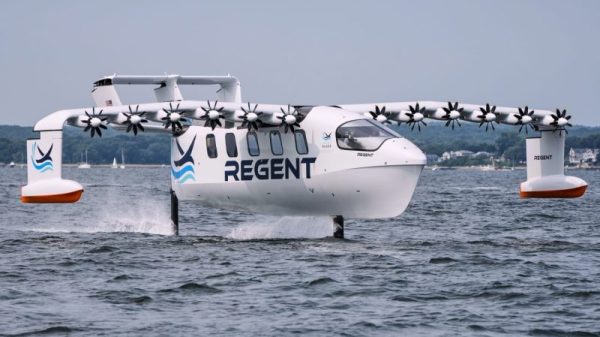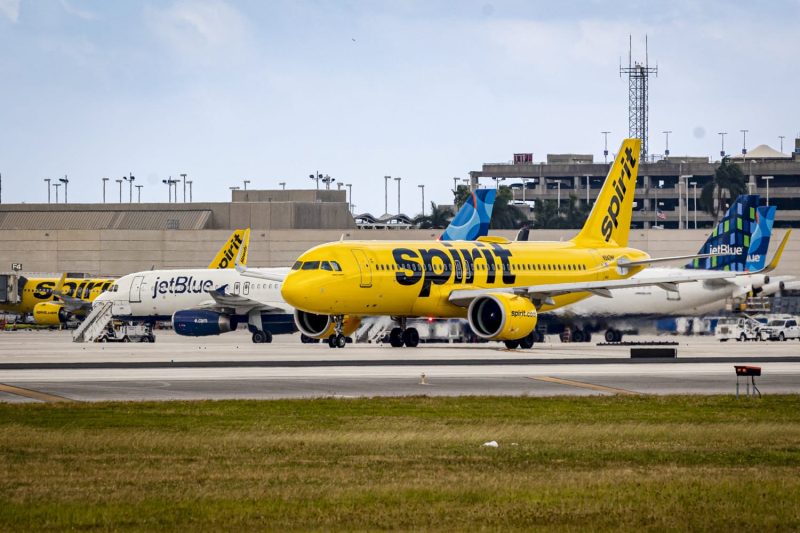Low-cost airlines have been facing the heat of the ongoing global economic crisis, prompting them to make strategic decisions to cope with the challenges. One area where these airlines are cutting back is on the acquisition of new planes to maintain profitability.
As airlines grapple with reduced passenger demand and financial constraints, the decision to reduce expenses on new aircraft purchases is seen as a prudent move to manage costs. Rather than investing in the latest models, low-cost carriers are choosing to extend the lifespan of their existing fleets through efficient maintenance and refurbishment programs.
By prolonging the service life of their planes, airlines can delay the significant capital outlay required for new aircraft acquisitions. This approach allows carriers to allocate funds towards other critical operational needs while ensuring the safety and reliability of their fleet.
Some low-cost airlines are also streamlining their route networks to focus on profitable routes and eliminate underperforming routes. By optimizing their flight schedules and reducing unnecessary routes, airlines can enhance operational efficiency and cut costs associated with fuel consumption and crew expenses.
Additionally, airlines are renegotiating contracts with aircraft manufacturers and leasing companies to secure better terms and pricing for new plane orders. By leveraging their negotiation power, airlines can drive down acquisition costs and secure favorable payment terms to mitigate financial risks.
Furthermore, low-cost carriers are exploring innovative ways to enhance the passenger experience and generate ancillary revenue streams without investing heavily in new aircraft. By offering personalized services, premium amenities, and tailored onboard products, airlines can differentiate themselves in the competitive market and capture additional revenue opportunities.
In conclusion, low-cost airlines are strategically cutting back on new plane acquisitions as part of their overall cost-saving efforts in response to the challenging economic environment. By optimizing fleet utilization, negotiating favorable contracts, and enhancing the passenger experience, airlines aim to navigate the crisis successfully while maintaining their competitiveness in the industry.


































